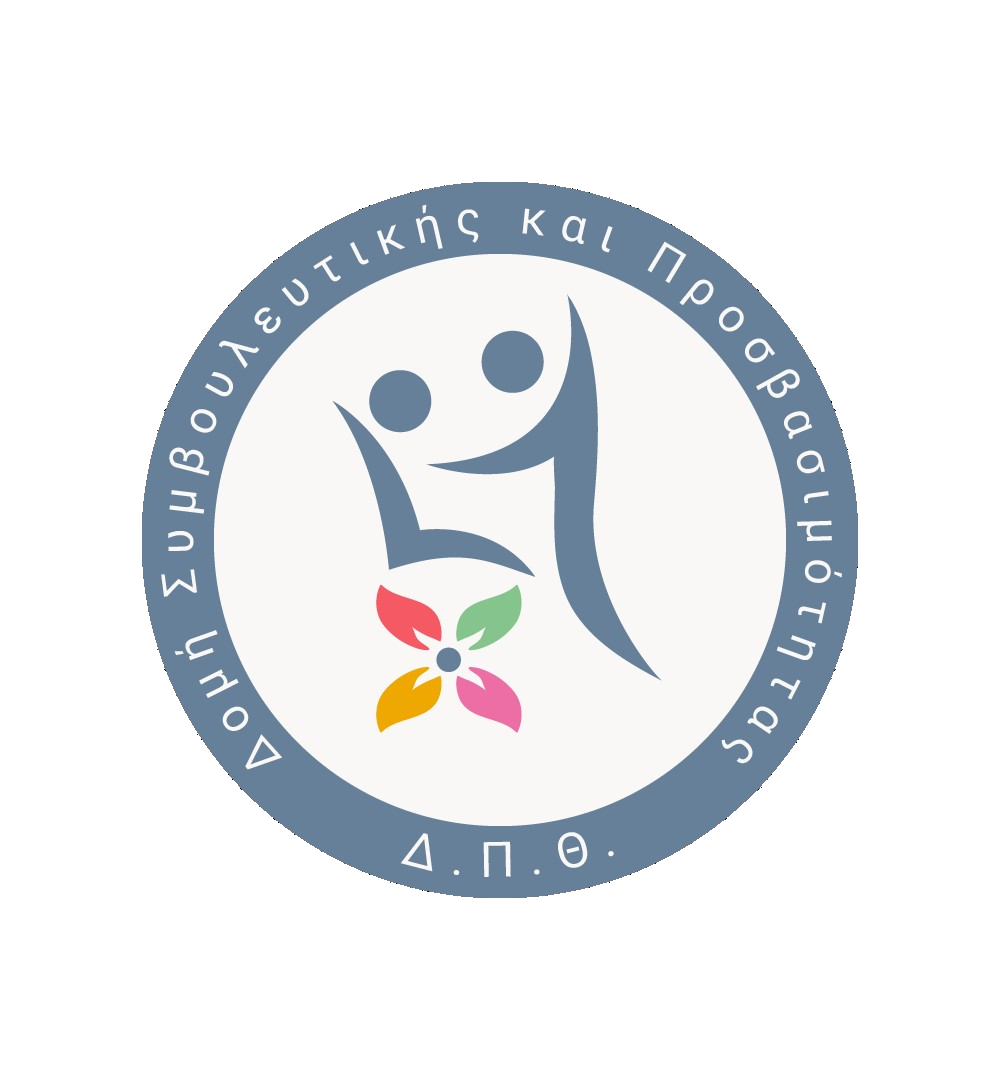In recent years’ cross-cultural education has become a major topic in Greece. This particular notion regards the interaction and mutualization of people from various cultural backgrounds and emphasizes on the coexistence of people in the same socio-cultural context. A cross-cultural approach allows the relationship between representatives of different cultures, by acknowledging multiple perspectives and trying to establish a common ground between them. In a cross-cultural environment, heterogeneity is the key-element and the acceptance and respect of such variations in culture, language, religion and ethnicity should be one of the cornerstones of every academic foundation. In this way people in the academic environment would have the opportunity to expand their viewpoints and gain valuable insights in different mentalities that might offer challenging approaches in learning and thinking.
Undoubtedly, people coming from different cultural backgrounds might have different health attitudes and think of psychological health in manners that seem difficult to understand form the rest of the academic community. In this kind of cases faculty members should have in mind the following:
– Talk with the student in private.
– Listen carefully to the student’s problem and take into account his/her cultural background
– Encourage the student to seek support from the Infrastructure of Counseling and Accessibility


